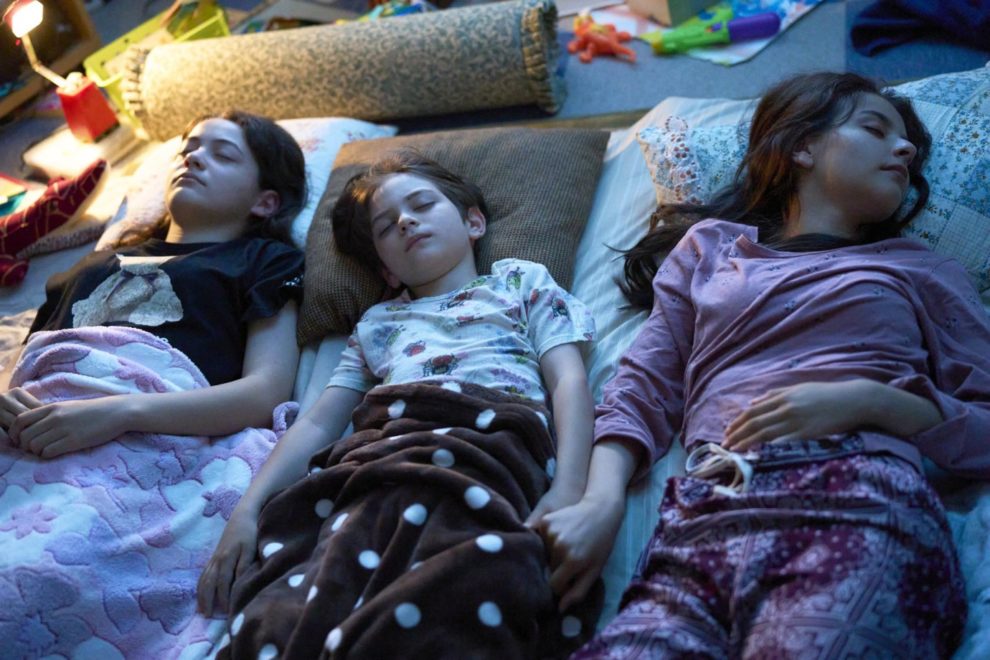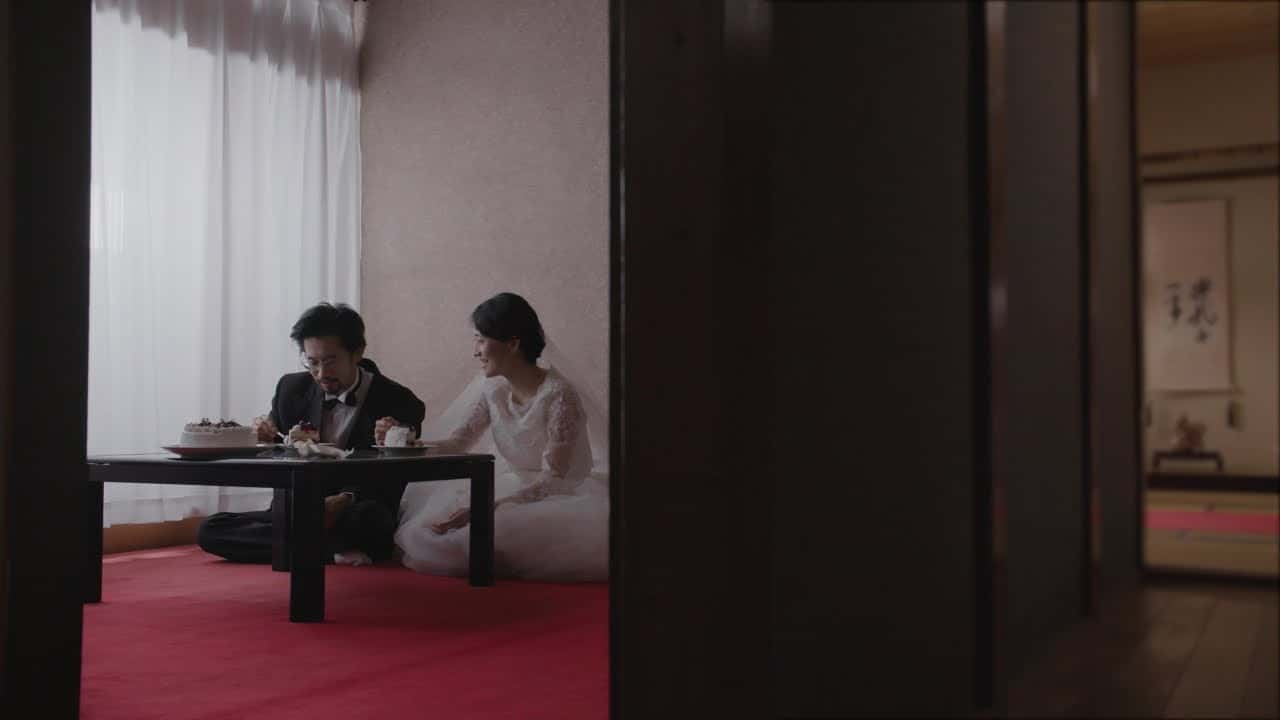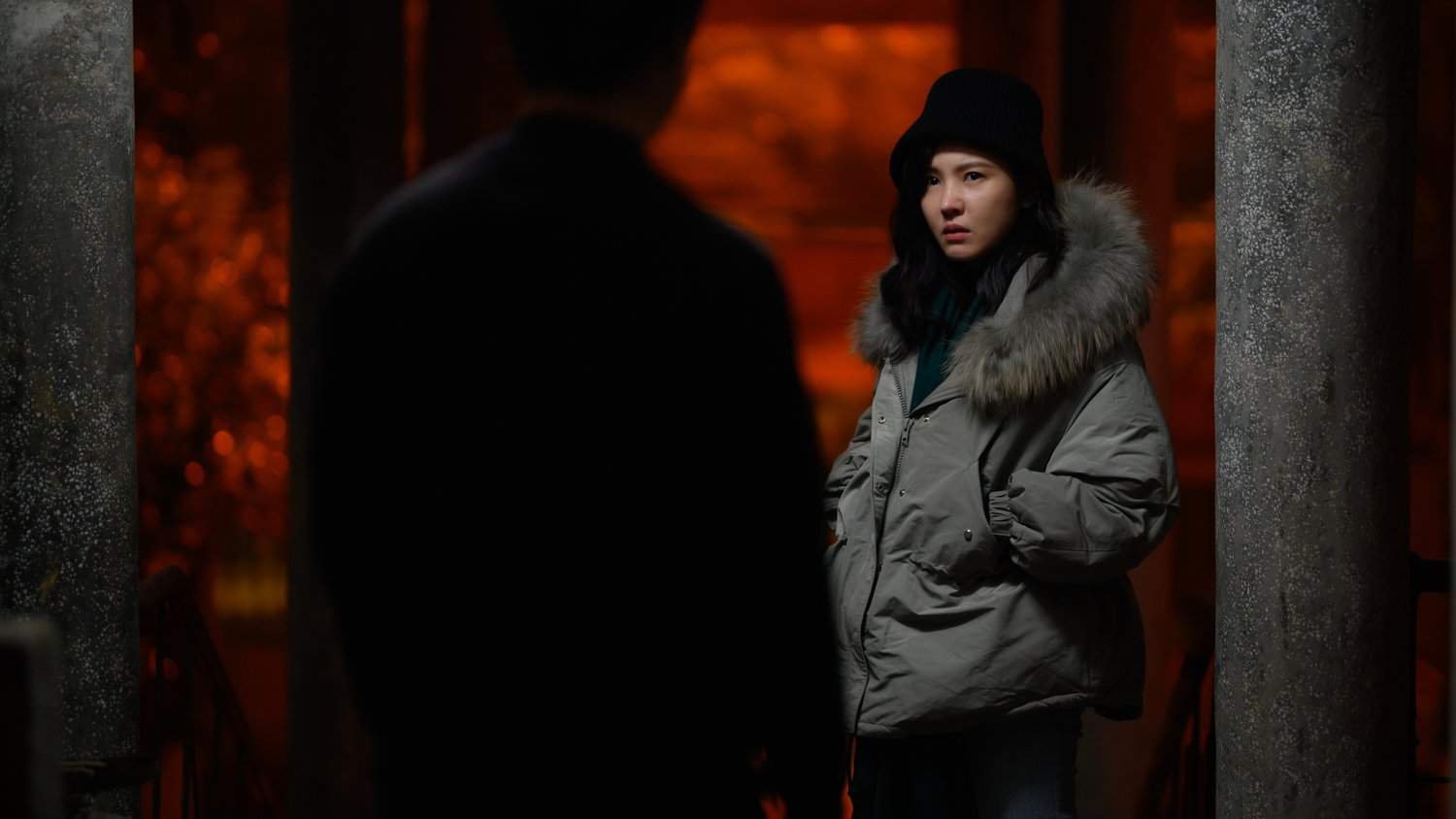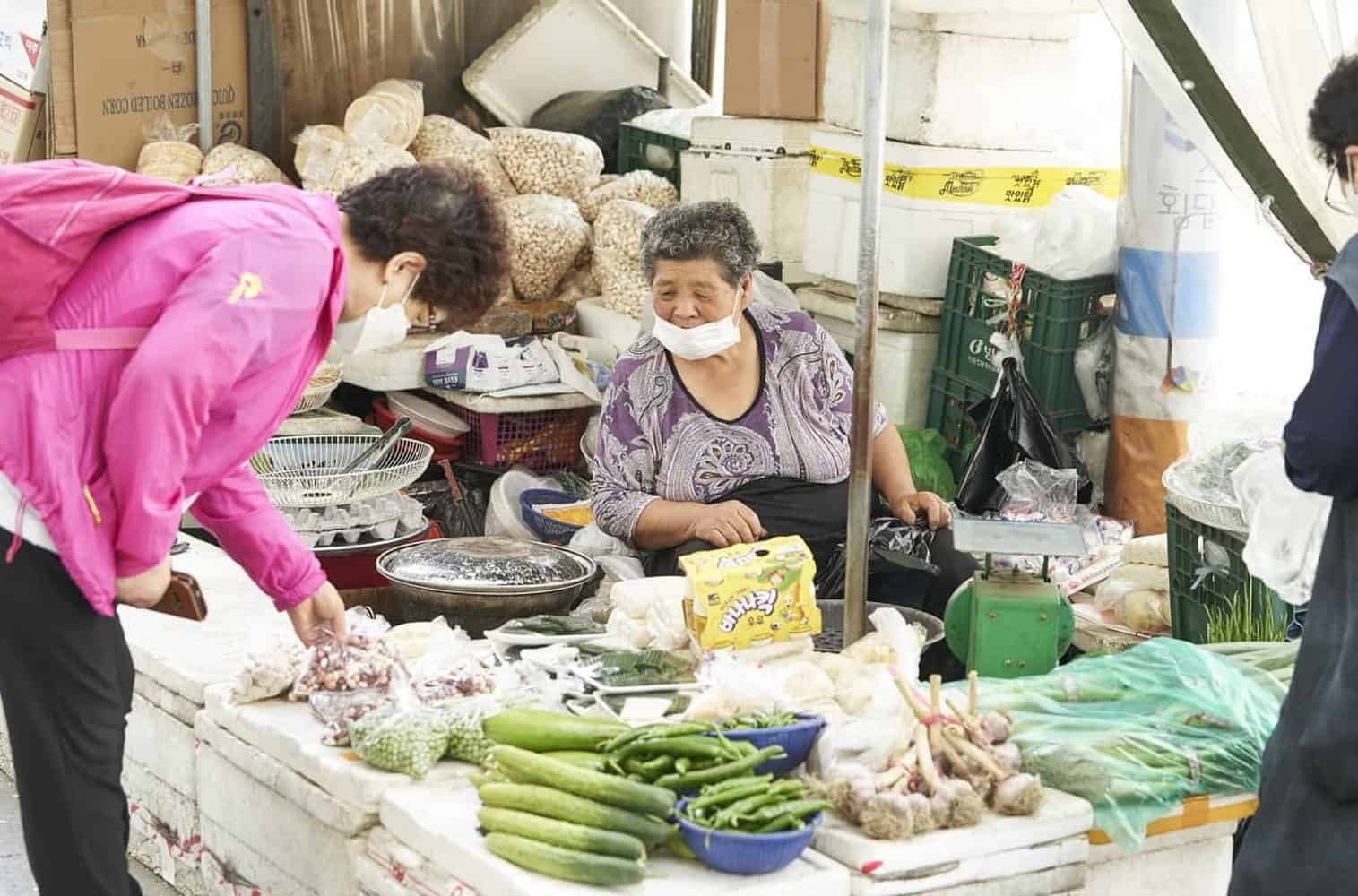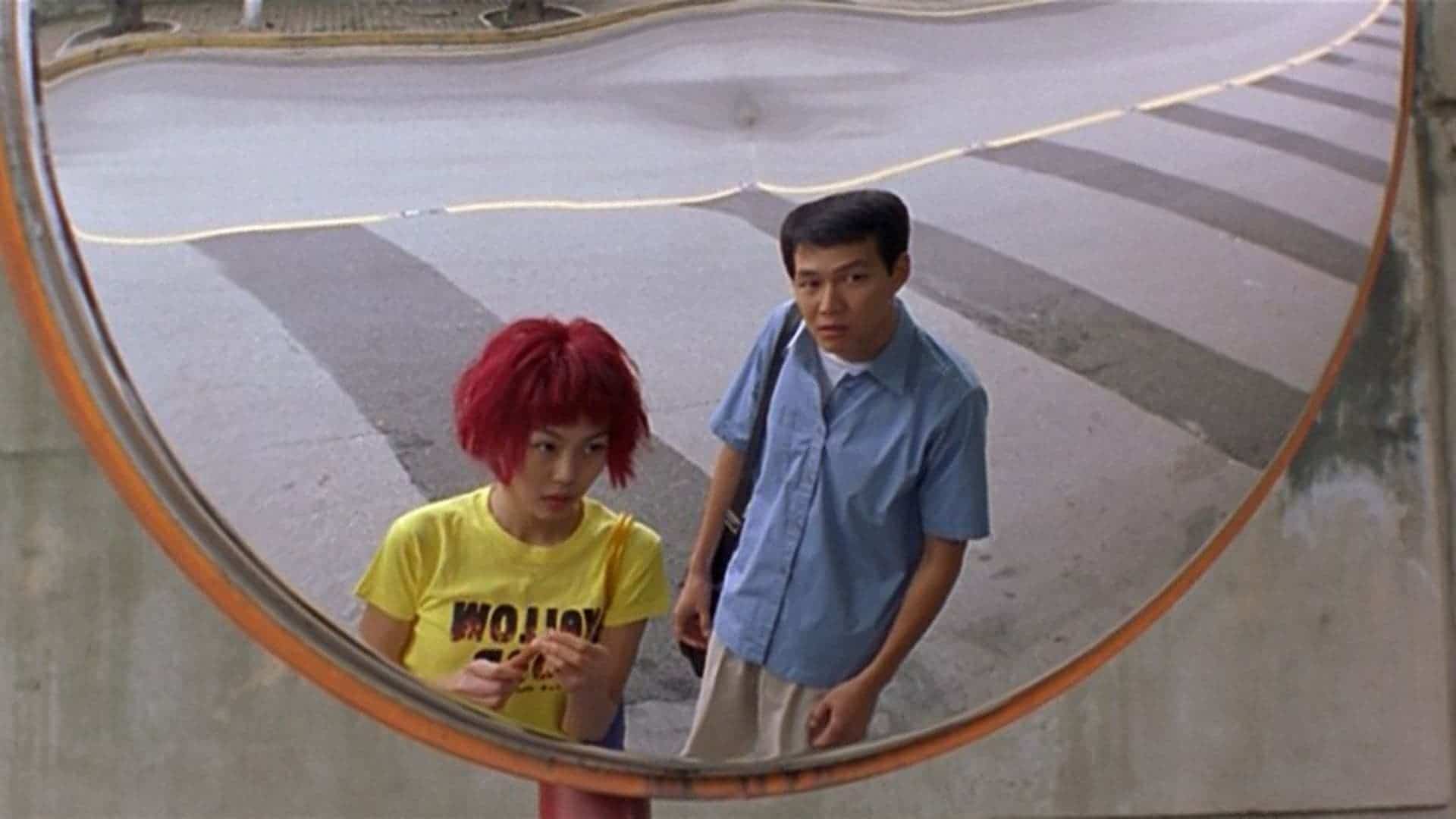After its premiere in the Generation section at this year's Berlinale, “My Small Land” is now traveling to several international festivals such as j Udine Far East Film Festival and next to the Helsinki Cine Aasia. This intimate social study is the first feature length film by young Japanese director Emma Kawawada. She tells a story that is not often in the focus of Japanese cinema. Besides a few weaknesses concerning its form, this coming of age movie is of high social and political relevance because of its topic.
“My Small Land” is screening at Helsinki Cine Aasia
The sixteen year old Sarya (Lina Arashi) lives with her father and younger siblings in Japan. Her family is originally Kurdish and fled from Turkey to Japan, when Sarya was five years old. Meanwhile, the young woman is completely integrated into the Japanese society, has friends and is a good pupil. To her acquaintances, she tells that she is from Germany. It is too complicated to explain what Kurdish exactly is, also because Sarya herself doesn't a very precise idea. She is surrounded by a relatively big community of Kurds, for which she functions as an interpreter and mediator vis-a-vis the authorities.
For some unexpected reason, Sarya's father looses his permit of residence and he has to leave the country. As much as Sarya loves her dad, she can't imagine living elsewhere. The situation seems desperate. While Sarya's father is in jail waiting for the tribunal to pass a definite sentence, Sarya steps in for her siblings. She is, however, quickly confronted by serious prejudices. Only Sato (Daiken Oudaira), the son of the convenience store owner Sarya works at, stands for her. A delicate romance begins between the two.
With a very sensitive look, director Kawawada not only captures the process of growing up the two young protagonists go through. She also manages to make Sarya's inner conflict, who is lost in her quest to find out who she really is, tangible. She is torn between the loyalty she feels for her family and origins and the wish to be part of the society that shaped her for the last years. Even though at some point the plot seems not completely logical through the end, surely anyone with a migration background will be able to relate to the story.
“My Small Land” tries to depict the forms everyday life racism can take. It shows how hurtful and unjust this can be. It can be assumed that the director used some of her own experience to develop the characters and the story, since she also carries two different cultures in her, her mother being Japanese and her father British. Furthermore, by choosing young characters as protagonists she found a particular direct way to touch the audience. And she achieves this, above all, with the cast. Lina Arashi has an innocent beauty and transmits the insecurity of her character very well. The model and actress of Japanese nationality is herself of multicultural origin. She gives to her role also a profound strength and ultimately a confidence, despite the uncertain future she faces. It's Arashi who basically carries the film.
Considering the pace of “My Small Land” and also some of its aesthetic aspects, it is no wonder that Kawawada worked so far as an assistant director to Hirokazu Koreeda. She uses a lot of matted colors and long shots. Here and there it would have been recommendable to shorten some scenes for the sake of a more strict and precise visual language. Also the film feels a little bit didactic in parts.
But all in all, the strength of “My Small Land” lies in the observation of our social interactions. It has a timeless and universal power that is touching and leaves one at times quite desperate.


